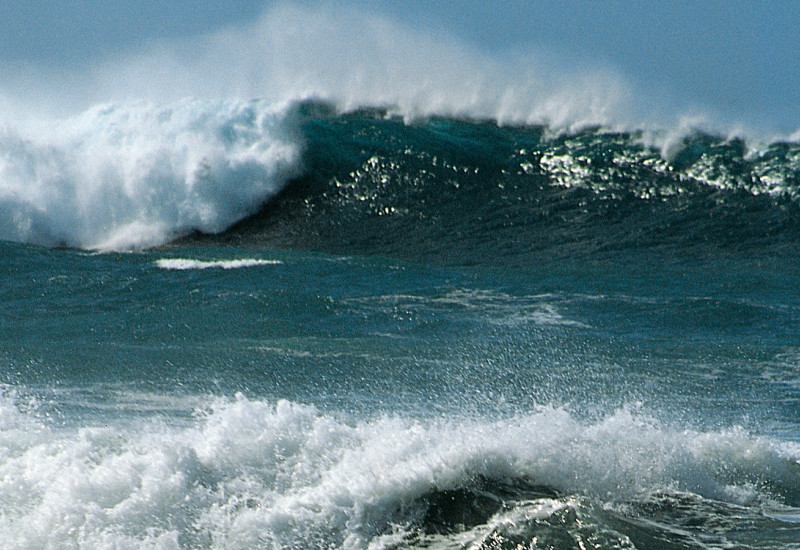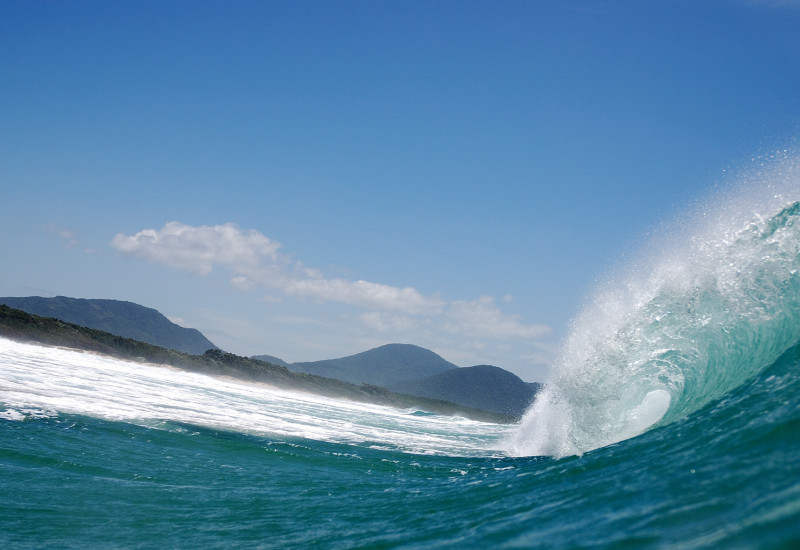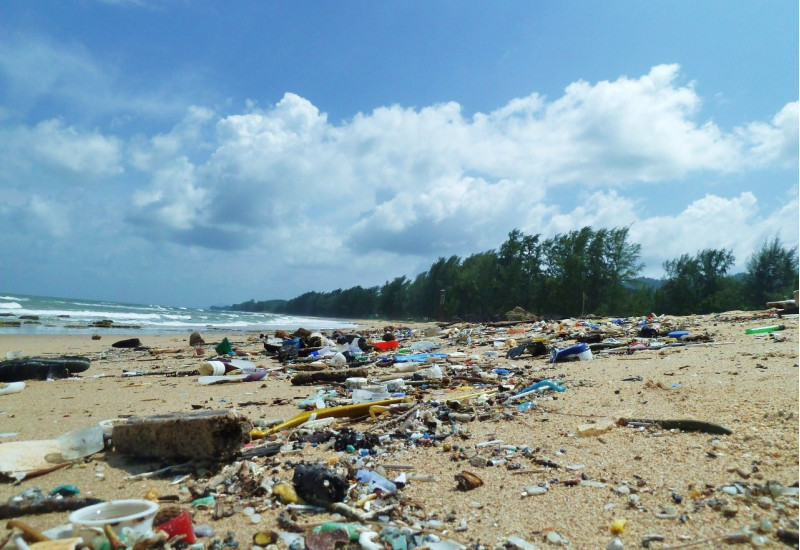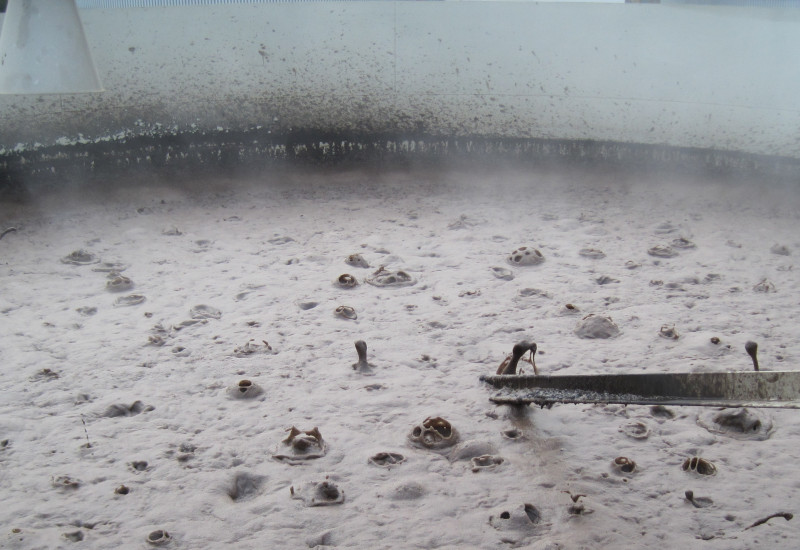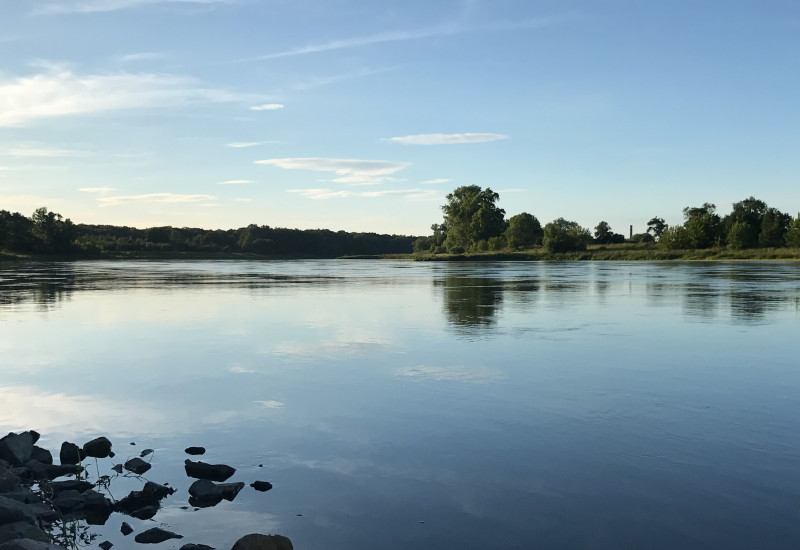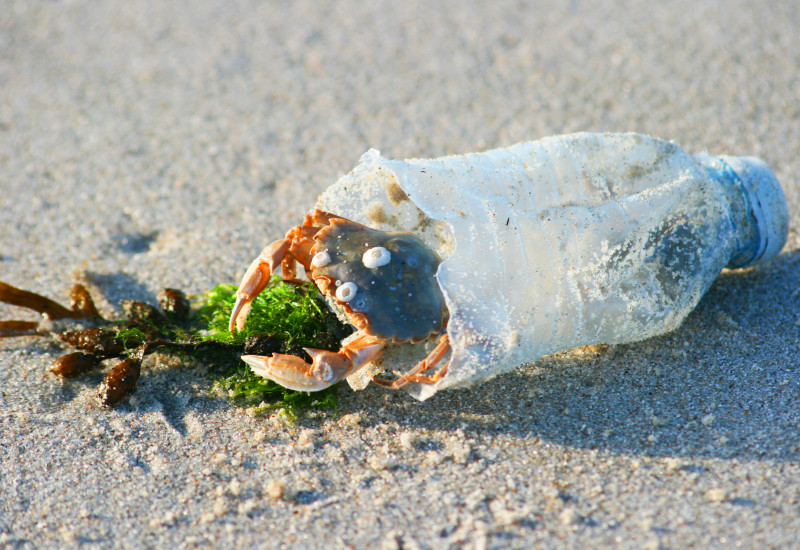The German Environment Agency (UBA) declared the coarse substrate-dominated, calcareous small highland river as the water body type of 2020 on the occasion of World Water Day on 22 March 2020. Streams of this type occur primarily in the limestone regions of the central highlands , for example in the Swabian Alb and Frankish Alb. Only eight percent achieve 'good' ecological status. read more



